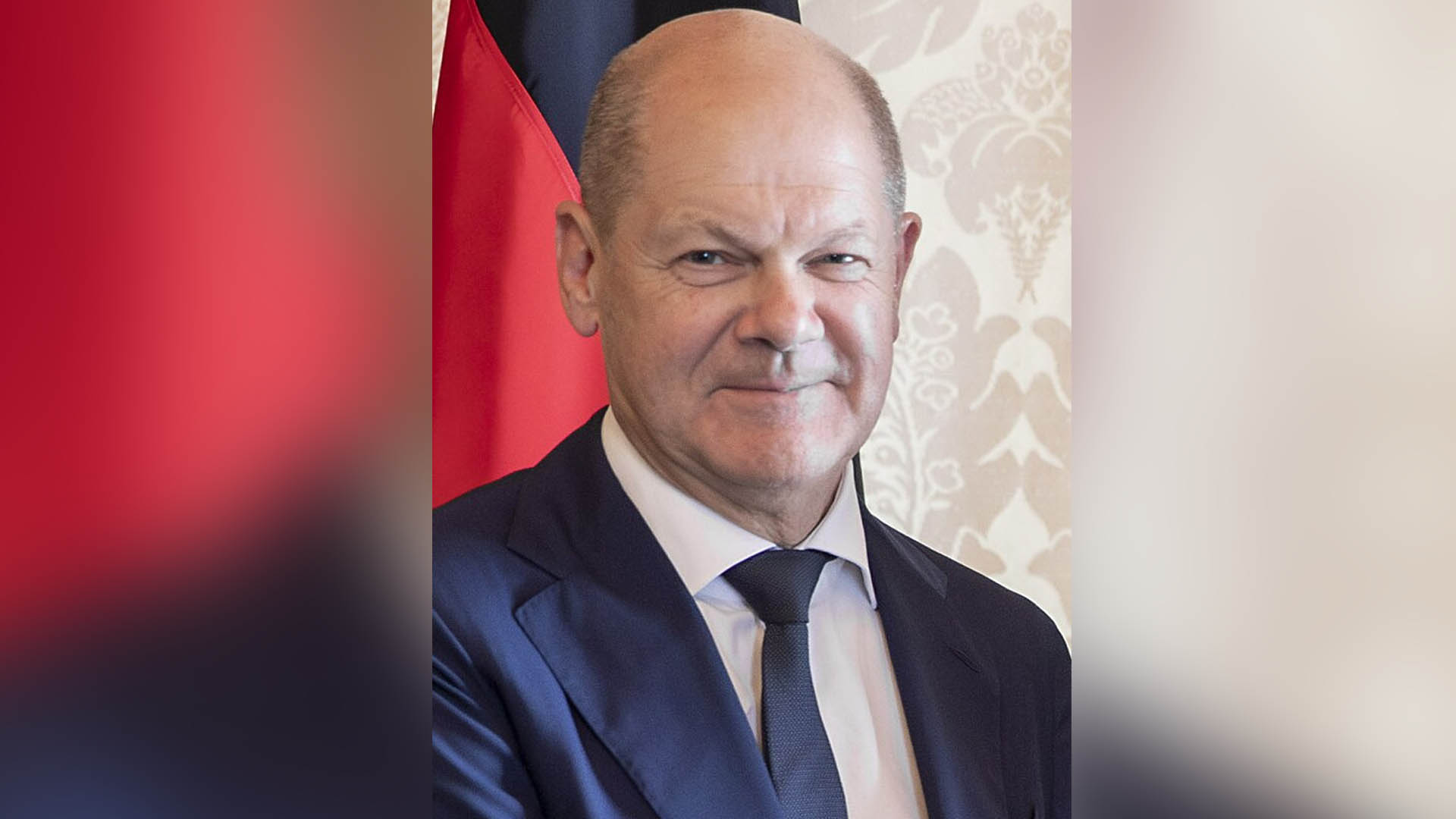Germany's Political Shuffle: Snap Election Unfolds Amid Coalition Collapse
Germany is heading for a snap national election on February 23, prompted by the dissolution of Chancellor Olaf Scholz's coalition government. Major parties, including Social Democrats, conservatives, Greens, and others, are preparing for a fierce battle, with key debates centering around Ukraine, economic revival, migration, and energy policy.

Germany is set for a snap national election on February 23 following the breakdown of Chancellor Olaf Scholz's three-way coalition. This pivotal political event has thrust the country into a fervent electoral contest.
Among the contenders are key parties like the centre-left Social Democrats (SPD) led by Scholz, the conservative alliance of Christian Democrats (CDU) and Christian Social Union (CSU), the environmental Greens, and the far-right Alternative for Germany (AfD), all vying for the chancellorship. Polls currently show the conservatives in the lead at 29.8%, with the AfD following at 19.7%, while Scholz's SPD has fallen to third place with 15.6%.
As Germany prepares for the vote, several contentious policy issues are at the forefront, including strategies on Ukraine, economic development plans, migration policies, and energy challenges. Each party presents distinct proposals, ranging from military aid decisions to economic reforms and immigration regulations.
(With inputs from agencies.)
ALSO READ
Congress Leaders Defect to BJP Ahead of Uttarakhand Polls
Have faith that lotus will bloom in Delhi Assembly polls: PM Modi at BJP rally.
New Paths in Austrian Politics: A Possible Coalition with the Freedom Party
Infrastructure Politics: Kejriwal's Take on Modi's New Delhi Milestones
Want to ask PM Modi to speak on unfulfilled promises he made to people in Delhi villages during 2019 polls: AAP chief Kejriwal.










